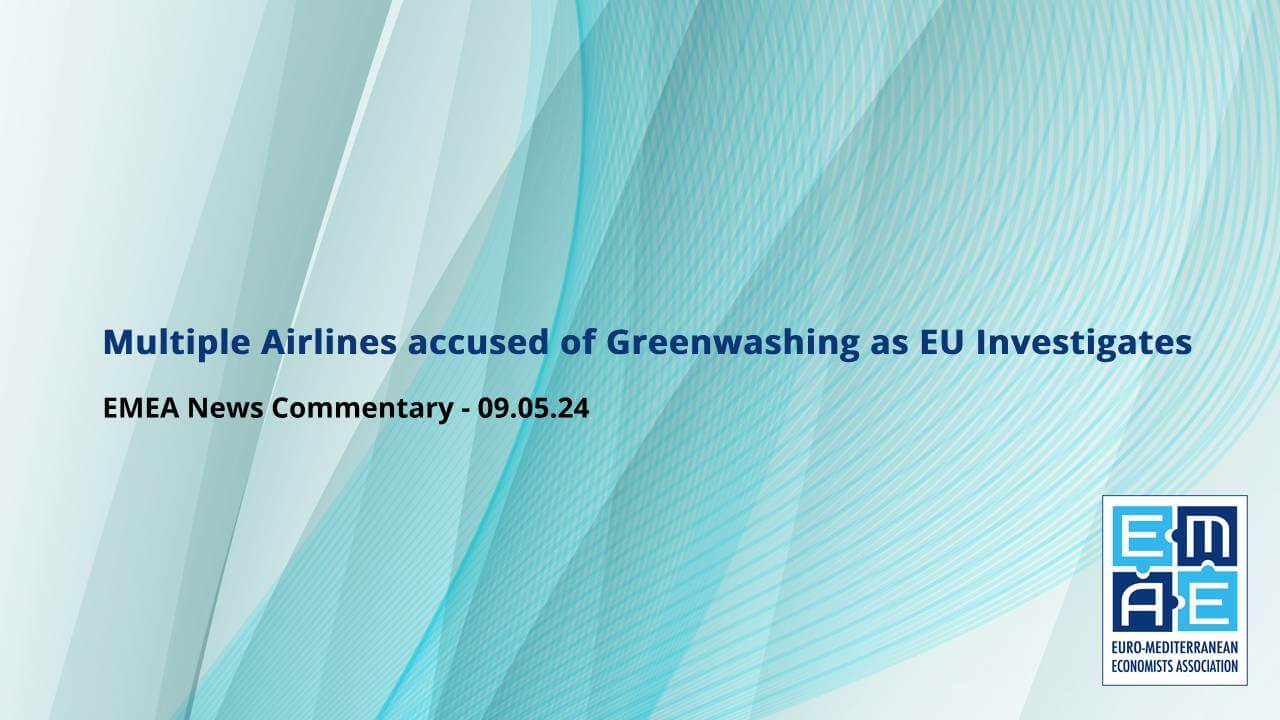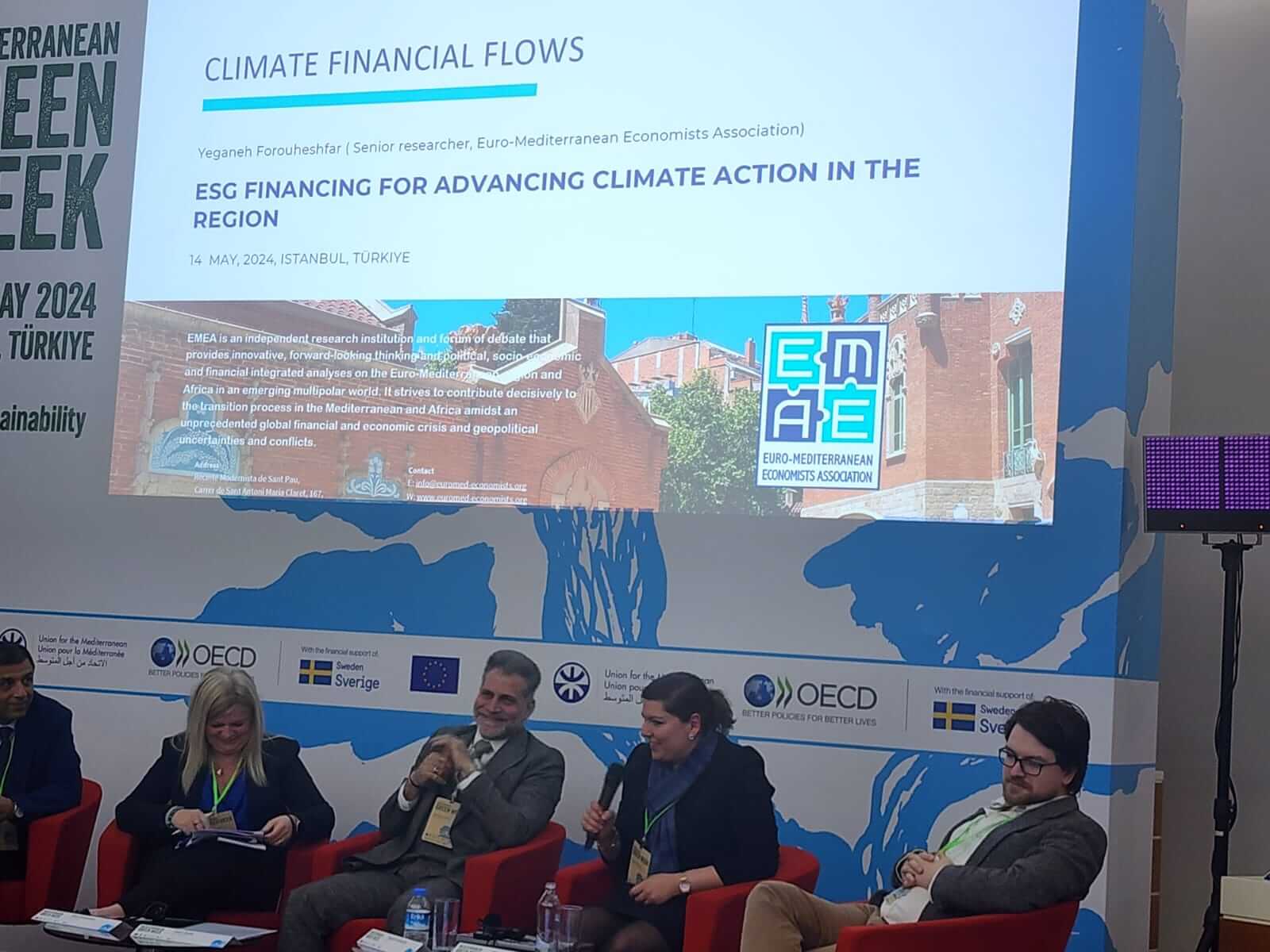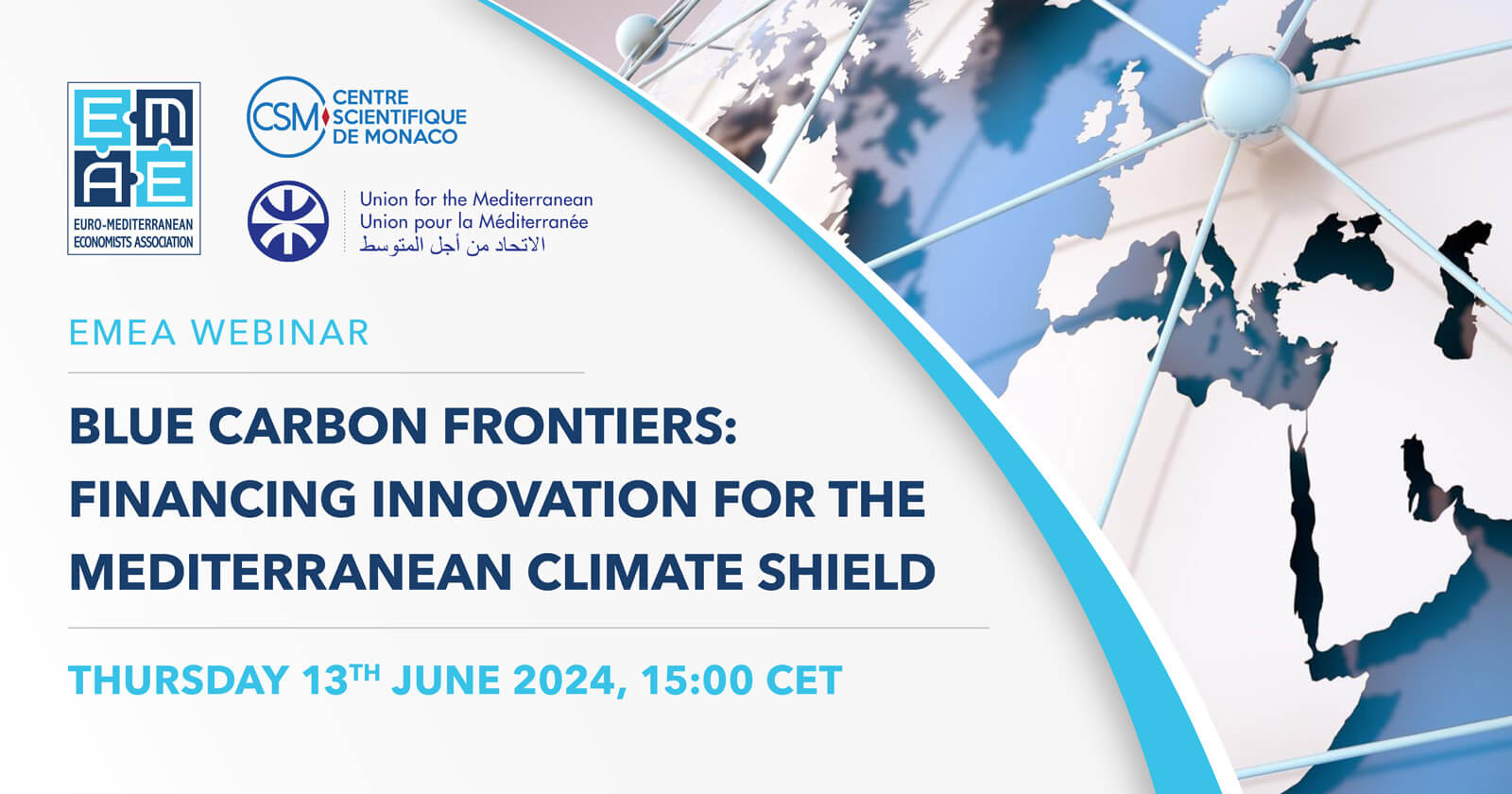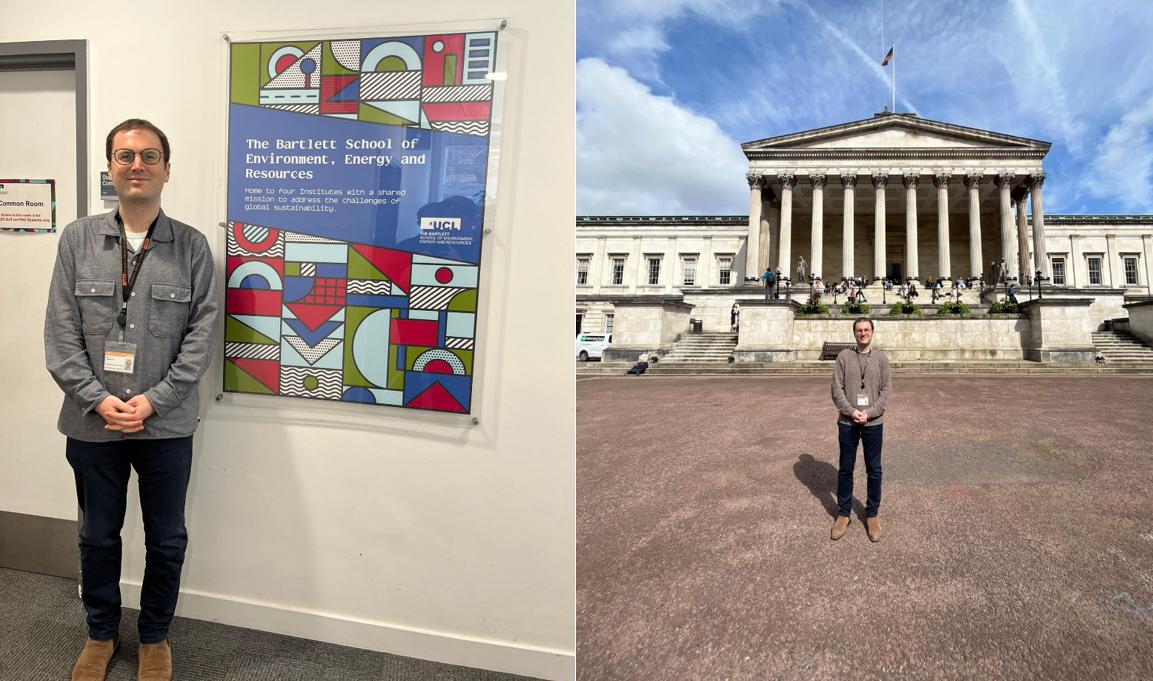A number of airlines from across the continent are having their environmental claims scrutinised by the EU, following concerns over greenwashing.
As many as 20 unnamed carriers are under investigation, but it involves the national regulators of Belgium, the Netherlands, Norway and Spain, according to a Financial Times report.
The EU are looking into the operators’ “misleading greenwashing practices”, extending to the “claimed benefits of offsetting emissions from flying.”
The airlines in question have been written to, along with national consumer protection authorities.
The basis of the regulators’ concerns is focussed on airline claims that the carbon emissions generated from flying could be offset, either through investments in environmental projects or by using more sustainable jet fuels. The companies involved said these fuels were less pollutant than standard industry kerosene, whilst still being carbon emitting.
Nevertheless, the EU Commission said the airlines hadn’t yet been able to clarify whether their claims could be substantiated, “based on sound scientific evidence,” the FT reported.
Countering the Commission’s view, the industry body Airlines for Europe, said its members “recognise the importance of clear, transparent information about sustainability and our efforts towards achieving net zero carbon emissions”.
And it was “particularly concerned” over the questioning about sustainable aviation fuels, given that the EU had “supported and endorsed” this point. “The science supports that this is a more sustainable alternative to regular jet fuel,” Airlines for Europe asserted.
The FT said that airlines were “facing growing regulatory scrutiny about their environmental impact,” with the EU cracking down on “green claims in corporate marketing.”
The paper cited a Dutch court ruling against the Netherlands’ flagship carrier KLM, that the airline had illegally claimed its passengers could “fly sustainably.” Separately, three airline adverts had recently been banned by the UK advertising watchdog.
Airline sector challenges to reach net zero
Despite its industry-wide pledge to achieve net zero carbon emissions by 2050, aviation faced some of the biggest hurdles to decarbonising, because of the lack of alternative jet fuels, said the FT. According to the report, flying currently accounts for about 4 per cent of EU greenhouse gas emissions.
In a bid to reduce that figure, some airlines had set up schemes encouraging their passengers to support carbon offsetting programmes or by meeting the higher cost of sustainable aviation fuels.
Despite this, the Commission said it had identified “a number of potentially misleading claims.” These included “creating the incorrect impression that paying an additional fee to finance climate projects with less environmental impact or to support the use of alternative aviation fuels can reduce or fully counterbalance the CO₂ emissions [from flying]”.
Plans by the airlines about how they would reach net zero emissions had been made “without clear and verifiable commitments, targets and an independent monitoring system,” the EU also noted.
The Commission have given the operators 30 days to come up with proposals that would “address the concerns.” It wanted to reach an “agreed upon” set of changes. The FT said that, as a last resort, national authorities could sanction the targeted companies.
According to the Science-Based Targets initiative (SBTi), a voluntary standard-setting body which judges the quality of net zero targets set by industries, including aviation, “no major European airline has submitted a climate target ambitious enough to help limit global warming to 1.5C above pre-industrial levels.”
EasyJet, Gol, Iberia, Lufthansa and Wizz Air had all been removed from an SBTi validation process for their climate plans because they had failed “to submit sufficiently ambitious targets,” the report said.





